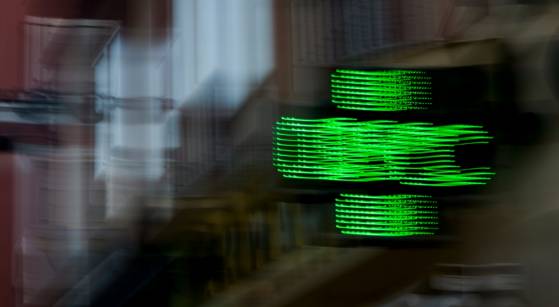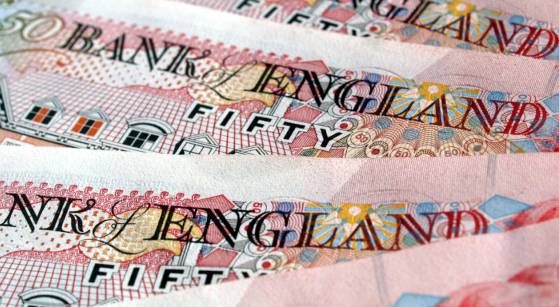Recent macroeconomic readings, including wages, GDP, and industrial production, have provided valuable insights into the current state of the British economy. These key indicators have prompted discussions about the depth of the potential recession and the future actions of the Bank of England (BoE). To gain a better understanding of these developments, we turn to Antreas Themistokleous, an expert in the field.
The release of major economic data from the UK this week shed light on the condition of the British economy. The unemployment rate for May saw a 0.2% increase, reaching 4%, and the number of unemployment claims surpassed expectations, indicating a higher demand for unemployment benefits. On the other hand, average earnings experienced a 0.2% growth, while year-over-year GDP showed a decline of -0.4%. Although the GDP figure was not as dire as anticipated, it still reflects a subpar performance compared to the same period last year. Industrial production also fell by 2.3%, aligning with market forecasts.
FXMAG.COM:
What do this week's macroeconomic readings - wages, GDP, industrial production - tell us about the state of the British economy? Will the recession be deep? Will the BoE continue to raise rates?
Antreas Themistokleous:
This week we saw major economic data from the UK being released that could help in determining the state of the British economy. Unemployment rate for the month of May increased by 0.2% pushing the figure to 4% while the Claimants came out to be worse than expected, missing expectations of negative 22,000 claims to a positive 25,700. This means more people claimed for unemployment benefits in May and that was reflected in the official unemployment rate.
On the other hand average earnings have increased by 0.2% while the year over year GDP growth came out at -0.4%. Even though the GDP was expected to be worse , at -0.7% , it still shows that the British economy did not perform very well compared to the same month last year. Industrial production recorded a negative 2.3% perfectly aligned with market expectations.
Inflation rate for the month of June is expected to be published on the 19th where the market expects a further decline of around 0.4%. If this is confirmed it would be the yearly low and could potentially boost the quid against its pairs, especially USD and the Euro at least in the short term.
Even though inflation might be coming down, it does so at a very slow pace so the Bank of England could still have a hawkish stance at their next meeting on the 3rd of August. In June, the Bank of England increased interest rates for the 13th time in a row, by 50 basis points to 5% while some analysts argue that they could peak around 5.75% by the end of this year.
By paying attention to the labor market and the economic growth we will be able to gauge the consequences of the rate hikes by the central bank and how it could affect the overall economy. Recession fears are still hovering above the heads of the British since they are not “out of the woods” just yet but the stance of the central bank in regards to their monetary policy will be closely monitored by market participants.











![Warsaw Stock Exchange: Brand24 (B24) - 1Q23 financial results Turbulent Q2'23 Results for [Company Name]: Strong Exports Offset Domestic Challenges](/uploads/articles/2022-FXMAG-COM/GPWA/gpw-s-analytical-coverage-support-programme-wse-2-6311cd4191809-2022-09-02-11-30-41-63175bda84812-2022-09-06-16-40-26.png)









![Warsaw Stock Exchange: Brand24 (B24) - 1Q23 financial results Turbulent Q2'23 Results for [Company Name]: Strong Exports Offset Domestic Challenges](https://www.fxmag.com/media/cache/article_small_filter/uploads/articles/2022-FXMAG-COM/GPWA/gpw-s-analytical-coverage-support-programme-wse-2-6311cd4191809-2022-09-02-11-30-41-63175bda84812-2022-09-06-16-40-26.png)


